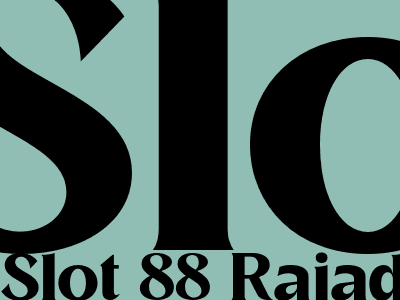
SEO for Bloggers: A Comprehensive Guide to Boost Your Rankings
Introduction
In today's digital landscape, search engine optimization (SEO) is crucial for bloggers who want to increase their visibility, reach a wider audience, and drive traffic to their websites. This comprehensive guide will explore essential SEO strategies and techniques tailored specifically for bloggers on Blogger.com, empowering you to optimize your content and improve your search engine rankings.
Keyword Research: The Foundation of SEO
Keyword research is the cornerstone of SEO. It involves identifying the specific search terms that your target audience uses to find information related to your blog's niche. By incorporating these keywords into your content, you make it easier for search engines to understand the relevance of your posts and rank them higher in search results.
Tips for Effective Keyword Research:
- Use keyword research tools like Google Keyword Planner and Ahrefs.
- Analyze search engine results pages (SERPs) for your target keywords.
- Consider long-tail keywords, which are more specific and less competitive.
Content Optimization: Creating Valuable and Engaging Articles
High-quality content is the backbone of any successful SEO strategy. Your blog posts should provide valuable information, be engaging, and align with your target audience's interests. Search engines reward content that is well-written, informative, and relevant.
Best Practices for Content Optimization:
- Use clear and concise headings and subheadings.
- Structure your content using bullet points, lists, and images.
- Incorporate keywords naturally throughout your content, including in titles, headings, and body text.
On-Page SEO: Optimizing Your Blog's Structure
On-page SEO focuses on optimizing the technical aspects of your blog's structure and design to enhance its crawlability and indexability by search engines. This includes optimizing your blog's URL structure, meta tags, header tags, and image alt text.
Key On-Page SEO Elements:
- URL Structure: Use short, descriptive, and keyword-rich URLs.
- Meta Tags: Include a compelling title tag and meta description that accurately represent your post's content.
- Header Tags: Use header tags (H1, H2, H3) to structure your content and indicate hierarchy.
- Image Alt Text: Provide descriptive alt text for images to improve accessibility and search engine understanding.
Off-Page SEO: Building Credibility and Authority
Off-page SEO involves strategies that occur outside of your blog's website. It encompasses activities like link building, social media engagement, and influencer outreach. By establishing credible backlinks and building relationships with other reputable websites, you enhance your blog's authority and improve its search engine rankings.
Off-Page SEO Techniques:
- Link Building: Acquire high-quality backlinks from authoritative websites in your niche.
- Social Media Engagement: Promote your blog posts on social media to expand your reach and engage with your audience.
- Influencer Outreach: Collaborate with influencers in your industry to promote your content and reach a wider audience.
Technical SEO: Ensuring Your Blog is Crawlable and Indexable
Technical SEO encompasses the technical aspects of your blog's website that impact its crawlability and indexability by search engines. It includes optimizing your blog's speed, ensuring mobile responsiveness, and implementing structured data markup.
Technical SEO Considerations:
- Website Speed: Optimize your blog's loading speed to improve user experience and search engine rankings.
- Mobile Responsiveness: Ensure your blog is mobile-friendly to cater to the growing number of mobile users.
- Structured Data Markup: Use schema markup to help search engines understand the content of your pages and display rich snippets in search results.
Conclusion
By implementing the strategies outlined in this comprehensive guide, you can optimize your Blogger.com blog for SEO, increase your visibility in search engine results pages, and drive more traffic to your website. Remember, SEO is an ongoing process that requires consistent effort and adaptation to evolving search engine algorithms. By embracing these best practices and continuously refining your approach, you can achieve long-term success in the ever-competitive world of blogging.